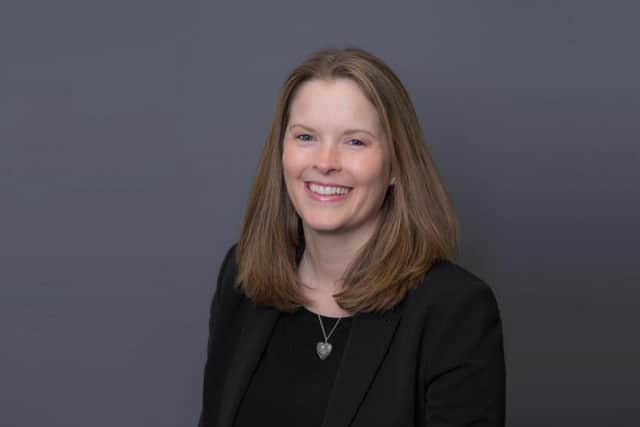Mental health chief in Hertfordshire highlights increase in referrals to services
and live on Freeview channel 276
The number of adults being referred for mental health services in Hertfordshire has risen in the wake of the Covid-19 pandemic, councillors have been told.
Before the pandemic around 200 referrals a month would be made for the specialist mental health services provided by the Hertfordshire Partnership University NHS Foundation Trust (HPFT).
Advertisement
Hide AdAdvertisement
Hide AdBut on Monday (March 14) HPFT chief executive Karen Taylor told councillors that that figure has risen to 300 a month – an increase of 48 per cent.


Overall she said referrals to the service had increased by 20 per cent since the second wave of Covid-19- with referrals to young people services going up by six per cent.
And she particularly highlighted the doubling of referrals of young people with eating disorders – increasing from around 100 a month to almost 200.
But as well as the “staggering increase” in numbers, she told Health Scrutiny Committee that the number of patients deemed to be most unwell or ‘in crisis’ had increased too.
Advertisement
Hide AdAdvertisement
Hide AdWhereas in the past she said they would expect to see around 100 patients a week ‘in crisis’ – now she said that figure had increased to 225.
And she said there had been a increase in the number of patients being detained under the Mental Health Act.
“I think the significant thing […] is that it is not just increase in volume and demand, it’s actually the increase in complexity,” she said.
“So people when they are presenting, are presenting in more distress with much more challenging behaviour than we have seen previously – higher levels of violence and aggression , higher levels of challenging behaviour.”
Advertisement
Hide AdAdvertisement
Hide AdShe said this had impacted on the number of admissions – with some Hertfordshire patients having to be placed in other parts of the country.
And she also said patients who were admitted were staying in hospital for longer.
In services offered in the community, she said waiting times had increased – with initial assessments now taking place within 38 days, rather than 28, because of he volume.
An she said there were particular backlogs with ADHD referrals for young people and dementia assessments for older people.
Advertisement
Hide AdAdvertisement
Hide AdIn response to a question, councillors were told that the Trust had created an additional 70 ‘whole time equivalent’ staff during the year.
But she said the Trust had a vacancy rate of between 12 and 13 per cent.
Ms Taylor pointed to a concentration in the number of staff leaving in a single year due to the pandemic – with staff who may have been considering leaving this year or next year opting to leave early.